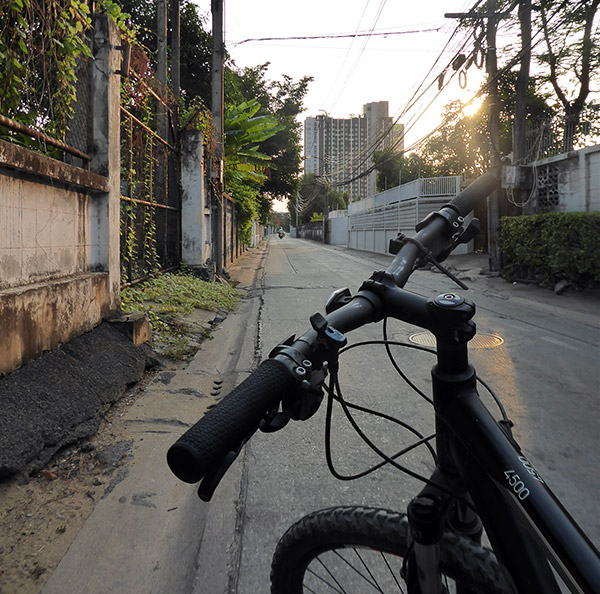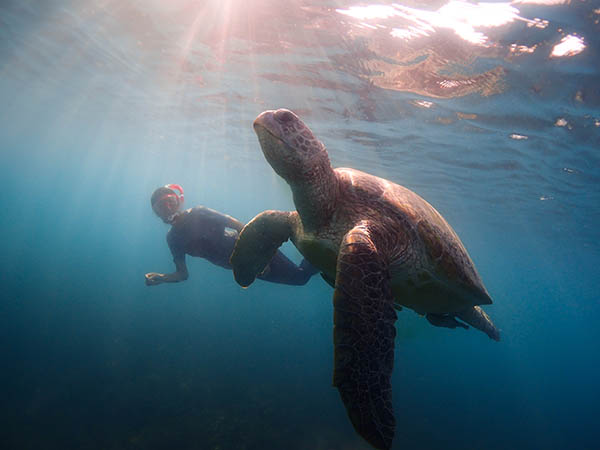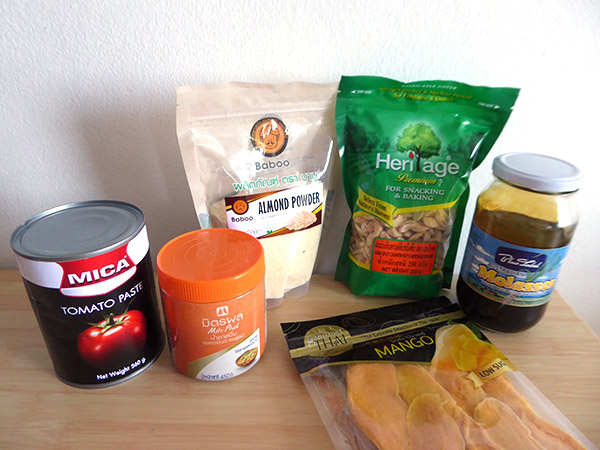Those hiding at home from tiny, deadly contagions may not want to be reminded of the massive environmental crisis threatening the entire planet.
While the coronavirus pandemic has put an end to crowded climate strikes and mass beach clean ups for now, there are ways to continue the fight to protect our planet while staying isolated at home.
In fact, some of the new habits we are forming would benefit the world in the long term if we resist going back to our usual, wicked ways when this ends. Here are eight ideas for living green and making a difference while under lock down. Who knows? You may well emerge from quarantine with a greener, cleaner lifestyle.
Working from home

You’ve probably rapidly up-skilled in terms of technology and are suddenly used to video conferencing from your bedroom. Think about how you can harness your newfound Zoom skills to reduce travel for work in the future. Fewer journeys mean lower carbon emissions which tackles climate change and gives us cleaner air to breathe. When things get back to normal, you may find yourself spending less time on flights, stuck in Bangkok traffic or stuffed into crowded Skytrain carriages, and that can only be a good thing.
Pedal Power

Social distancing has closed Bangkok’s parks and gyms; many people are looking for new ways to exercise. Absent a 24/7 curfew and with the city’s sois especially quiet, now is a great time to cycle Bangkok, especially if traffic peril has given you pause. It’s easy to steer clear of others, and cycling keeps you fit and produces zero emissions. Win-win. Plus, we’re edging out of the annual air pollution cycle, and the air is getting a little better each day. How about using this time to learn your route to work? Can you get there using back streets while avoiding the main roads?
Though notoriously dangerous traffic conditions are better for now, wear a helmet – and watch out for dogs. You may enjoy yourself so much you feel up for braving the journey once the office reopens, with the added bonus of cutting your carbon footprint.
Armchair activism

Sign up for an online campaigning group like Avaaz.org, a global nonprofit community promoting activism with members in 194 countries. Add your name to the many petitions and open letters to leaders calling for a better world. Thais are very active in promoting a whole range of issues, many environmental, via U.S.-based Change.org. Petitions range from calling on convenience stores to stop individually packaging bananas to adding environmental education to the national curriculum. Some are in English; otherwise, use the ever-dodgy Google Translate option. Anti-trafficking group Freeland has a campaign to ban the wildlife trade; something directly relevant to today’s situation since experts believe new diseases can emerge from increased contact with wild species at animal markets around the world. China says it has closed such places nationwide.
Grow your own

Put that balcony to use and free your inner gardener. Herbs, like basil and coriander and lemongrass, can be grown in small spaces. No balcony?
Try microgreens such as mung beans, which can be grown indoors with little equipment and no soil. Developing your green thumb is not only fun, it also helps reduce the distance food has to travel to reach your plate, therefore lowering carbon consumption associated with producing and transporting your food.
And anything you do grow could be organic and won’t be wrapped in unnecessary plastic. Check out Bangkok Permaculture, who are planning a series of videos to get you started. Educational outfit Grow have developed a wooden planter perfect for balconies. They will come complete with soil, plants and seeds, plus online support for newbie horticulturalists.
Go plant-based

If last years’ enthusiasm for vegan food passed you by, now might be the perfect time to hone your cooking skills and learn some meat-free recipes. Avoiding meat and dairy drastically reduces consumption of the fossil fuels that go into producing what you eat. The U.N. Food and Agriculture Organization states that 14.5% of all greenhouse gas emissions stem from livestock production. If a fully plant-based diet feels extreme, you can always just reduce meat consumption. Try cooking vegetarian or going meatless every Monday. Can’t cook, won’t cook? A quick search on your favorite food delivery app will reveal a host of vegetarian and vegan options to try.
Be a citizen scientist

Got a trove of scuba or snorkeling snaps sitting around? Become a citizen scientist by submitting photos of turtles, jellyfish, manta rays, seahorses and wildlife interacting with plastic pollution in Thai waters to the Marine Science Citizens Initiative. Started by Rahul Mehrotra of Chulalongkorn University’s Reef Biology Research group, it aims to pair divers and snorkelers with university researchers and conservation NGOs to provide data on marine life. He said the idea is to “open up a question to a wider audience so they can assist in collecting evidence to answer that question.” It’s one of many opportunities online for would-be scientists to get involved with environmentally focused research. So, search through those scuba snaps and see if you can help. Don’t like getting your feet wet? Upload your land-based nature photos or find a drier project at the website iNaturalist.org.
Eat what you have

Before running out to top off your cabinets yet again with more “just in case” food, rummage in the back first. You may be surprised by what you forgot you already had. Is it time to finally do something with that quinoa? Boil those rice noodles? Find a home for the tin of tomatoes or enjoy that dried mango? Check your freezer and finish last month’s takeaway curry. What you find might not be delicious eaten as a combo, but a few quick searches should pull up some simple recipes to get your creative juices flowing. The UN’s Food and Agriculture Organization estimates that one-third of all food produced for human consumption is lost or wasted globally every year. Any efforts now will cut your personal food waste in the long run.
Finish those projects

Many of us have abandoned or never gotten started on projects lying around our homes. Things that were “good ideas” were there any time for them. Didn’t you always mean to put those photos into a frame? Assemble that Ikea lamp? Alter that to-die-for dress? Well now is the time to get started. So, dust off those dumbbells and roll out your yoga mat and prevent these items – bought with such good intent – from going unused to the second-hand store or, worse, the landfill. There’s something sad and wasteful about consumer goods, which take the world’s resources to produce, being left unutilized and unloved.
Cynics may ask, why bother with all these efforts as health care systems struggle and the economy tanks? While 2020’s COVID-19 crisis is extremely challenging, it pales in comparison to our environmental crisis. From crisis comes opportunity, and positive steps like those above are not only good for the soul, adding hope and value to our lives, but they may translate into some of the big changes needed to solve the planetary peril we face.





Reader Interactions